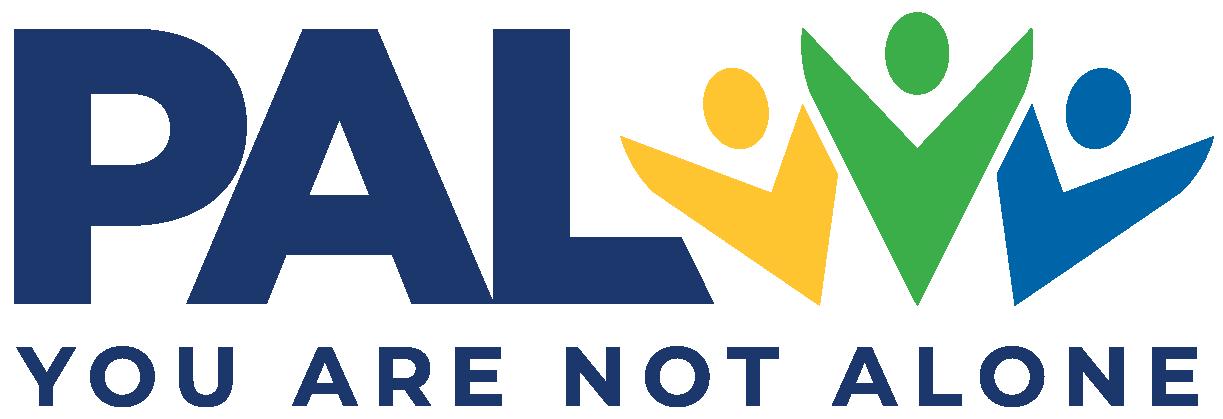Notes on PAL Video with Kim Humphrey, PAL Executive Director and Ron Paterik, MA, LISAC
By Facilitator Jill Spike
Notes follow video you can view the video on YouTube here: https://youtu.be/ZKwruP70z-c
What do we do to handle stress during these difficult times?
- Let go of what we cannot control. Do not obsess.
- Take inventory of what we DO have. “Don’t borrow trouble.” Have an ATTITUDE OF GRATITUDE
- We won’t eliminate stress, but we can shift the focus
Add to the stress concerns about the addicted loved one…
- Do not throw out hard-earned work because of FEAR.
- MAINTAIN BOUNDARIES — don’t panic. No good decisions come out of fear.
- Stop, Think, Ask someone Trusted (STAT
What about the news bombarding us with bad messages?
- Get a basic knowledge of what’s happening, and then TURN IT OFF, or CHANGE THE CHANNEL
Our codependence kicks in during times of stress and we want to go help everyone. We mistakenly hit our “Default Button” (falling back into old, bad habits), when we should be hitting our “Pause Button.”
We may think we can change things, and we may TEMPORARILY, but that is building a foundation on codependency and FEAR. IT WILL CRACK and eventually break again — maybe even worse than before.
Kim Humphrey states that this is a test of the “Emergency Crisis Response System” — meaning a test of how we thoughtfully RESPOND, verses how we simply REACT in times of crisis with our loved ones.
Ron Paterik suggests there are five ways people typically respond to struggle:
- We can respond irrationally or impulsively – (i.e., toilet paper hoarding)
- We can react resentfully – anger / aggressive / power
- We can react passively – no power / helpless / “poor, poor me (PPM)”
- We can respond courageously – with faith and prayer
- We can rebound creatively – How do we help each other in healthy ways
** Ideally, we want to be at numbers 4 and 5
What are the warning signs of depression?
They often present differently in men verses women; however, some signs are:
- withdrawal and isolation
- emotions are driving us — up and down — loss of control (too much media?)
- drinking / drugging to escap
Time to trust in a friend, counselor, clergy…
What can we do when we are wracked with fear for our homeless loved one?
Educate yourself on what is offered for them out there. This is a good place to start.
But keep in mind BOUNDARIES and ACCOUNTABILITY FOR ACTIONS.
Consequences are the best teachers.
Closing Remarks
Ron Paterik:
- Perspective towards life
- faith
- education
- gratitude – focus on what we HAVE rather than what we lost
- Humor & Play – these are vital to health
- Teamwork & Community – stay connected with family, friends, groups
- electronically – group texts, Facetime, etc
Kim Humphrey:
- Acceptance – This is the reality of our situation. I cannot control it.
- Perspective – If I think I can control things that I can’t, then that’s a problem.
- Gratitude – Kim’s wife, Michele says, “Toilet paper is a LUXURY – not a necessity!”
- Self-Care – If things are feeling overwhelming, take time out for yourself (maybe play games with loved ones, read something for fun, meditate, etc
Suffering is Inevitable, but Misery is Optional
